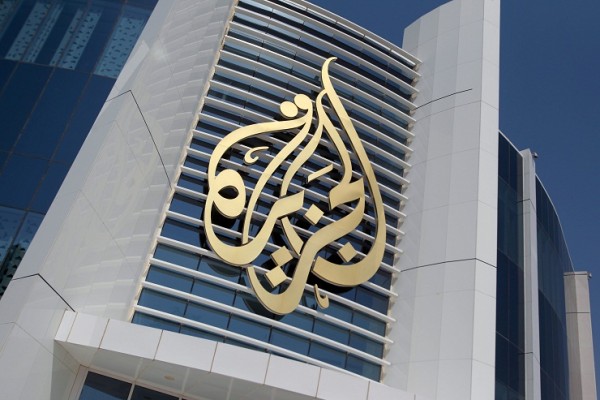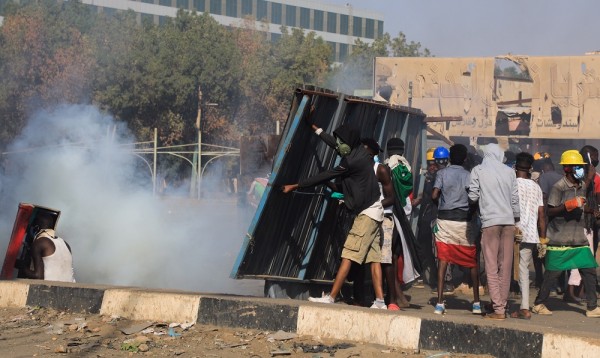Sudanese security forces have carried out routine attacks on the country’s newspapers through confiscations of press runs in an apparent attempt to financially cripple independent media.
Journalists and human rights advocates have told the International Press Institute that the seizure of newspapers has gone on for months but has intensified in recent weeks with no public explanation given.
“The Sudanese government’s repression of independent news media is nothing new, but this latest assault on newspapers suggests an escalation in Khartoum’s effort to hurt newspapers by depriving them of their right to distribute news, thus striking at the heart of their financial survival,” said IPI Press Freedom Manager Barbara Trionfi.
The impounding of newspapers has been carried out by the National Intelligence and Security Services, or NISS, the independent Radio Dabanga reported. Publications affected including The Citizen and the Arabic-language Al-Jareeda, Akhir Lahza, Al-Sudani, Al-Ahram Al-Youm, Alhurra and El Yowm El Tali.
Journalists contacted by IPI confirmed that security agents have seized or interfered with press runs but declined to comment, citing concerns about possible retaliation by the authorities. However, analysts at the Arab Network for Human Rights Information, or ANHRI, told IPI that the confiscation of newspapers has intensified since President Omar al-Bashir delivered a speech on Jan. 28 that called for political and economic reforms. Since then, ANHRI reported, the crackdown on news media has intensified.
“Noticeably, [the] Sudanese press is subject to two types of censorship: they are pre-censorship and post-censorship. Through the confiscation of newspapers, Sudanese authorities endeavour to force the press institutions to indirectly shut, due to the high costs of printing,” a researcher at ANHRI said by e-mail.
The Cairo-based organisation also reported that some journalists at leading newspapers, including Al-Sayha’s Mohamed Abdel-Maged, have been temporarily barred from reporting.
An IPI report issued in May 2013 documented a multitude of press freedom restrictions, including government-led newspaper closures; suspensions of newspaper licences; the withholding and/or confiscation of newspapers; arrests, torture, and harassment of journalists; and deportations of foreign journalists. The “Pens under siege,” report also cited economic “wars” against newspapers through the withholding of government advertising in media critical of the regime.
Al-Bashir, an ex-military commander who has ruled Sudan since 1989, is wanted by the International Criminal Court in the Hague on 10 counts of genocide, war crimes and crimes against humanity in connection with the conflict in the country’s Darfur region. He has faced mounting public unrest in recent months over the end of fuel subsidies and the soaring cost of living. Hundreds of protesters were killed or wounded in clashes with security forces in September 2013. Several newspapers reported that NISS agents began impounding their press runs following the protests.


